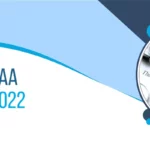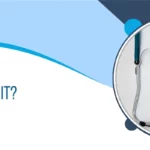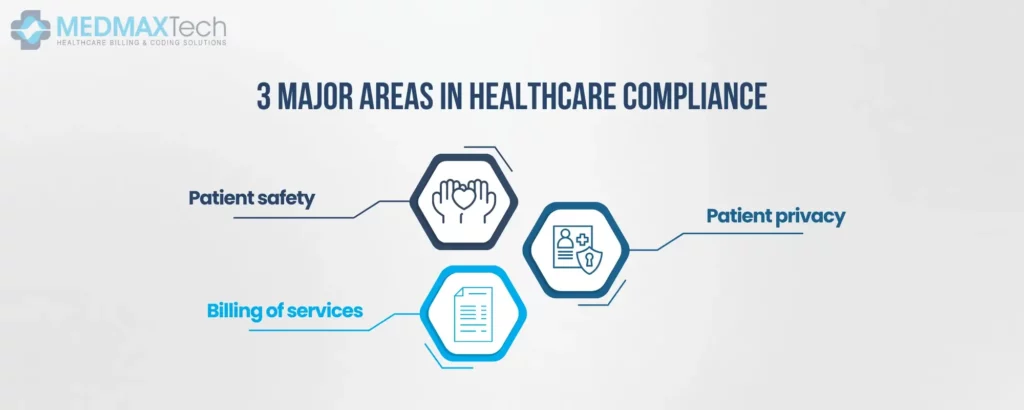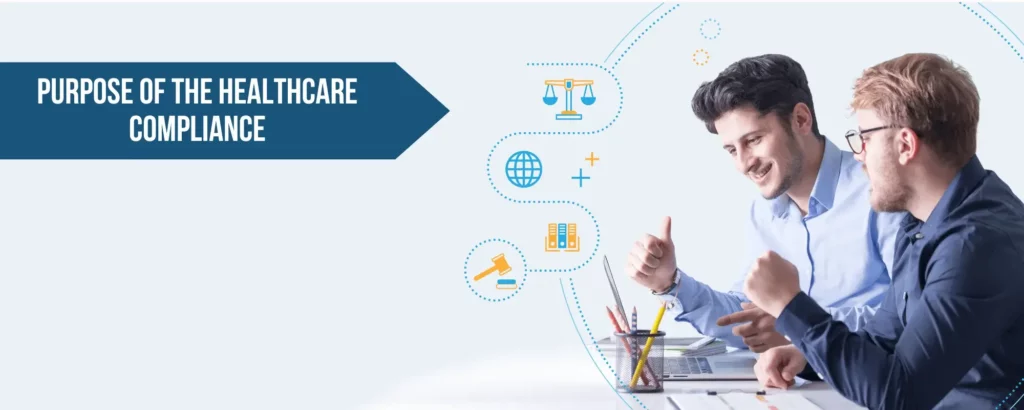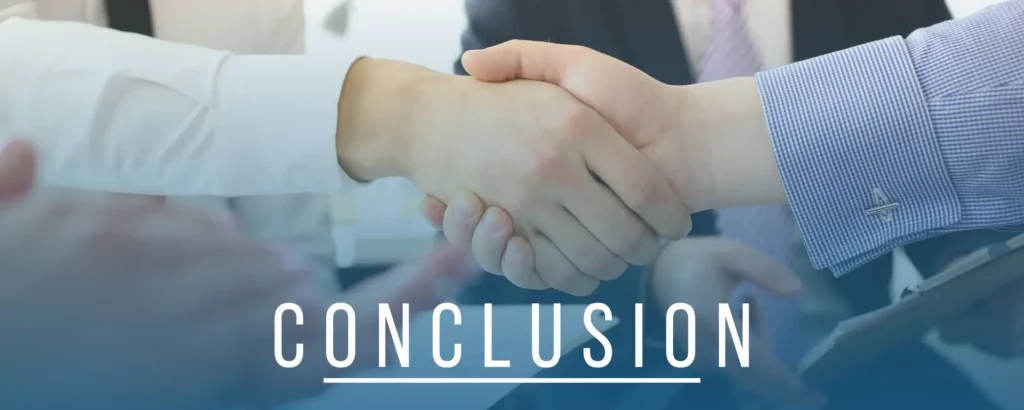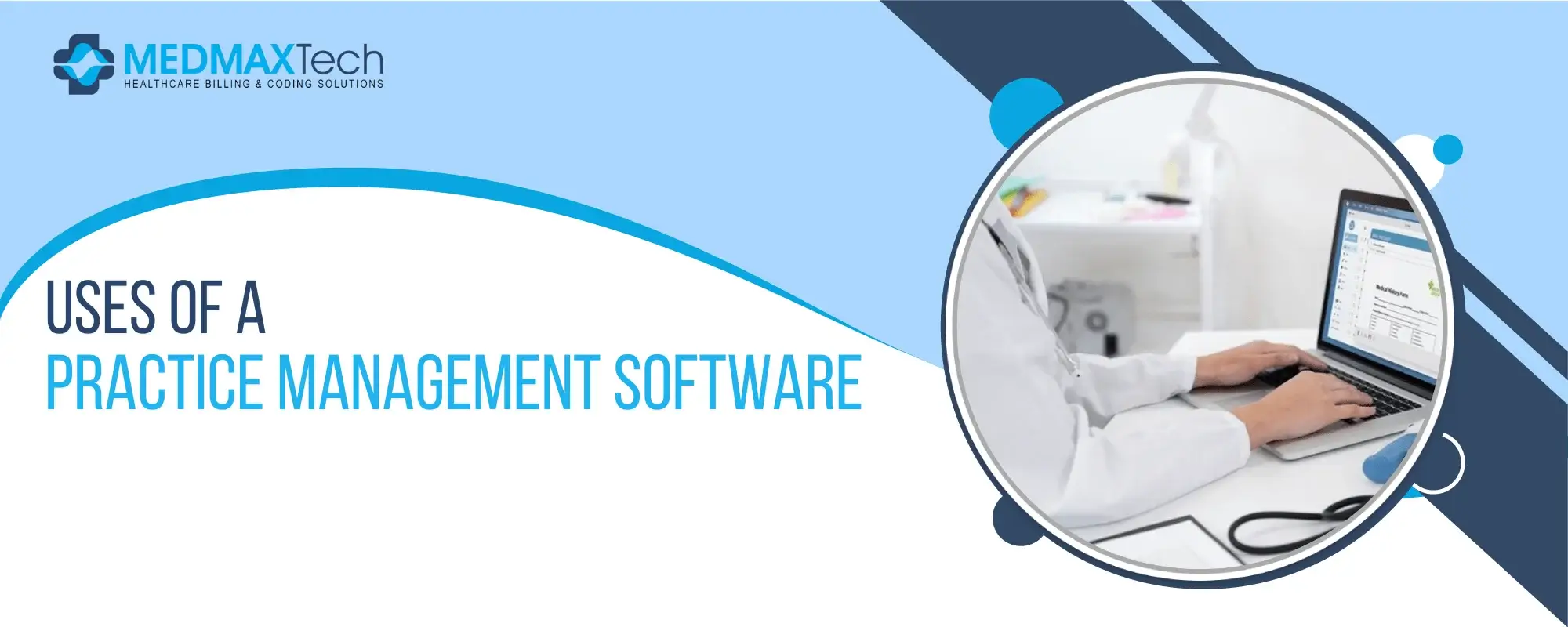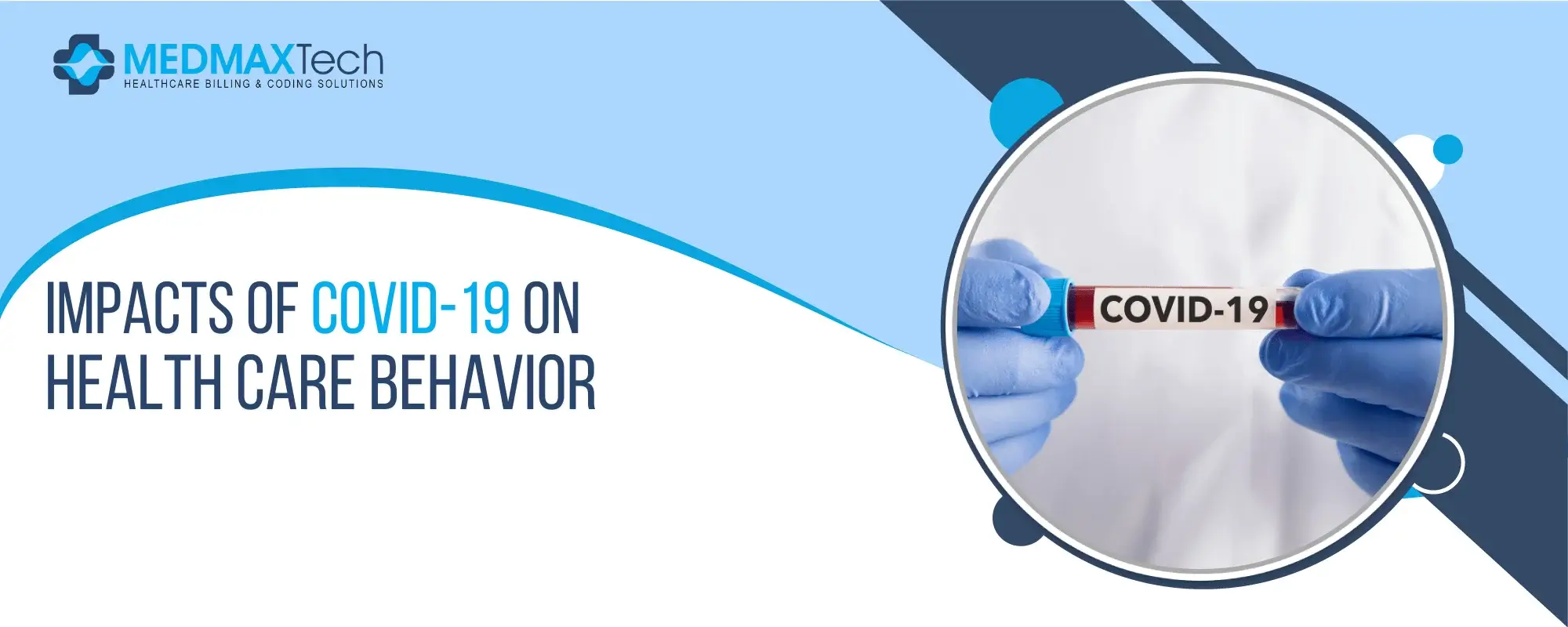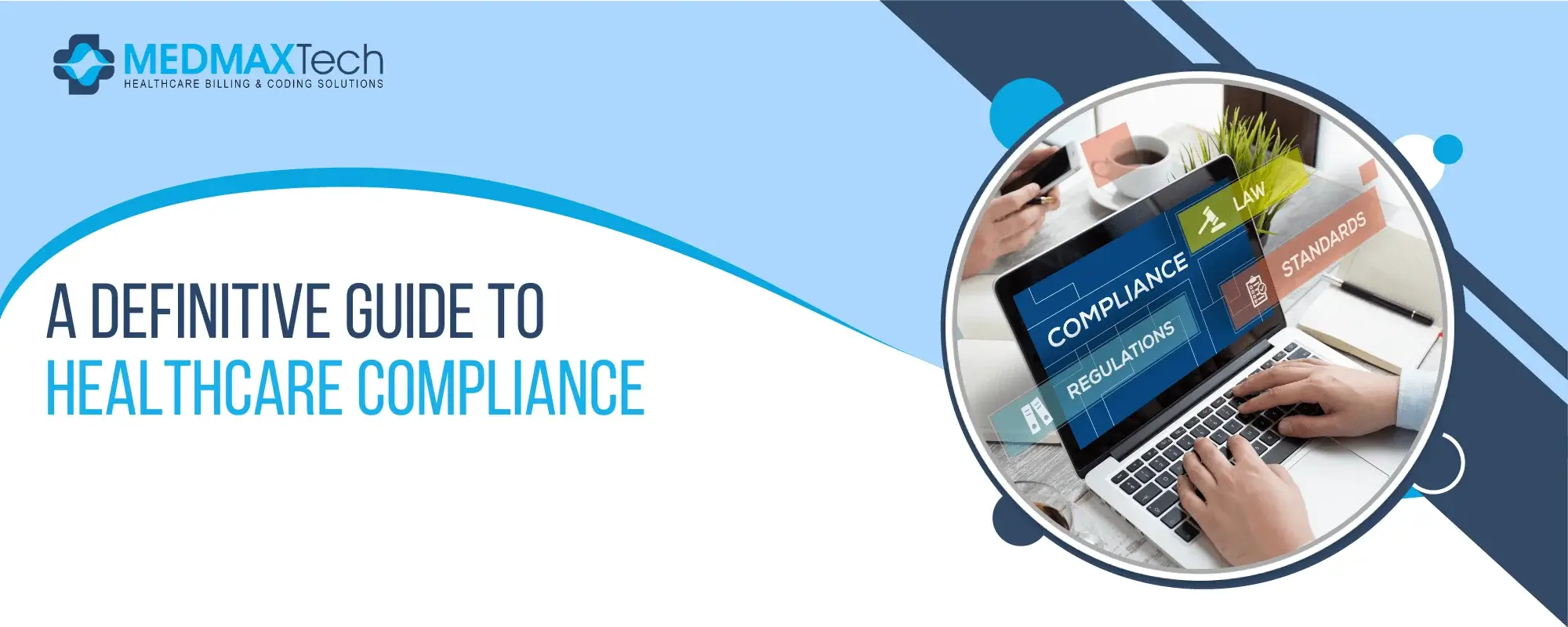
A Definitive Guide To Healthcare Compliance
Most industries contain some unique set of regulations and rules that people working in them have to follow and these are important especially to keep things running. So one can say that the health care industry carries its own rules and regulations.
What Is Meant By Healthcare Compliance?
Healthcare compliance is simply defined as the process of following rules, regulations, and laws that are relevant to the practices in the health care system. Compliance is linked to many areas such as billing, handling patient care, and reimbursement to name a few.
On the other hand compliance in health care needs a proper institution to stick to all of the needs and rules applicable which varies. Moreover, it also depends on the type of organization and services provided by it.
3 Major Areas In Healthcare Compliance:
- Patient safety: Means safe and proper medical care for the patients.
- Billing of services: It means that patients are not being charged an extra amount for the medical services they are receiving.
- Patient privacy: All the information about the patient is kept safe and confidential. It means that it is not shared with anyone who is not supposed to get it.
The responsibility of officers is to review the inconsistencies concerned with patient confidentiality, well-being, and payments. Another duty of compliance officers is to increase the standards of the healthcare industry. They also protect the confidential information of coworkers and patients and thus enforce security.
Benefits Of The Healthcare Compliance:
Any company aiming to participate in healthcare compliance must stick to the standards. It is hard for them to manage the issues and just by implementing an effective compliance program they must fit well with the legal obligations and also benefit from them.
- With the help of an effective compliance program, one can improve the level of communication among healthcare providers.
- When an effective database of documents and deadlines with clear manual compliance is given then it helps the companies to stay organized.
- Having all of the needed data in place saves time looking for precise and accurate documentation. It also gives the necessary answers when the times arrive.
- Improves the overall cooperation and effectively addresses the concerns related to compliance with the help of an effective communication system.
- It also enables you to prompt the investigation of possible misconduct.
- An effective healthcare compliance system also helps to build credibility among peers and employees.
- With the help of it, one can also stop unethical conduct by decreasing exposure to the patients.
Its main purpose of it is to enhance patient care and helps to boost patient care when the decisions are dependent on the proper clinical standards.
People belonging to healthcare also routinely observe, gather and collect the data of patients. Using high tech protection standards, healthcare compliance professionals ensure health records are kept top secret-keeping in mind patient privacy.
Refraining from issues with authorities’ healthcare compliance helps the organization and professionals. An effective compliance program also lessens the chance of the imposition of the challans.
Healthcare professionals have a great advantage in the field of compliance. People who fully understand the complexities of the compliance protocol can be recognized as healthcare compliance officers. They can also be treated as experts.
The junior healthcare workers also have less knowledge about the complexities of compliance. On the other hand, administrators can communicate and interact to execute the protocols. They also work hard to ensure the quality of healthcare and the protection of patients.
Main Elements Of An Efficient Healthcare Compliance Program:
The main focus of every healthcare organization should be to enhance a culture of compliance and implements an effective system of the healthcare program. It also helps to reduce the chance of fraud and promotes quality care.
Implement The Written Procedures, Policies, And Standards Of Conduct:
It helps the healthcare organizations to address the specific areas of the risk. Procedures and policies should be written on the regular basis. These standards of conduct also assist the organization to improve the overall system of healthcare.
Carry Out Effective Training And Education:
Healthcare organizations should conduct training on the abuse and fraud of the laws. Effective training and education related to the healthcare compliance program also should be made an essential part of the job requirements. It also helps the professionals to stay updated on the trends related to compliance.
Develop An Effective Mechanism Of Compliance:
To report the instances of potential non-compliance, it is essential to develop effective lines of communication. The main purpose is to ensure confidentiality and properly deliver the message of the organization’s compliance. They should also provide methods to report anonymously and encourage feedback.
Bring The Standards Of Conduct With The Disciplinary Guidelines:
The appropriate standards of conduct play an important role in outlining the rules of the healthcare organization. It also entails the expectations, proper responsibilities, and practices of its employees. To make sure that there is an effective healthcare compliance program, standards must be followed and especially by all the people of the organization no matter if they belong to any position, title or rank
Take Correct Action And Respond Quickly To The Detected Offenses:
Failure in delivering effective remedial action can produce additional exposure for the organization. Efficient methods to address offenses include developing a way for tracking and responding to the issues related to compliance.
It also investigates documents, enforces, and takes corrective action. Moreover, it is also useful in keeping the track of the resolution of complaints. To maintain an effective compliance program, it is very important to undertake the appropriate corrective action.
Healthcare compliance program needs to be proactive and change with the varying trends in the healthcare organization.
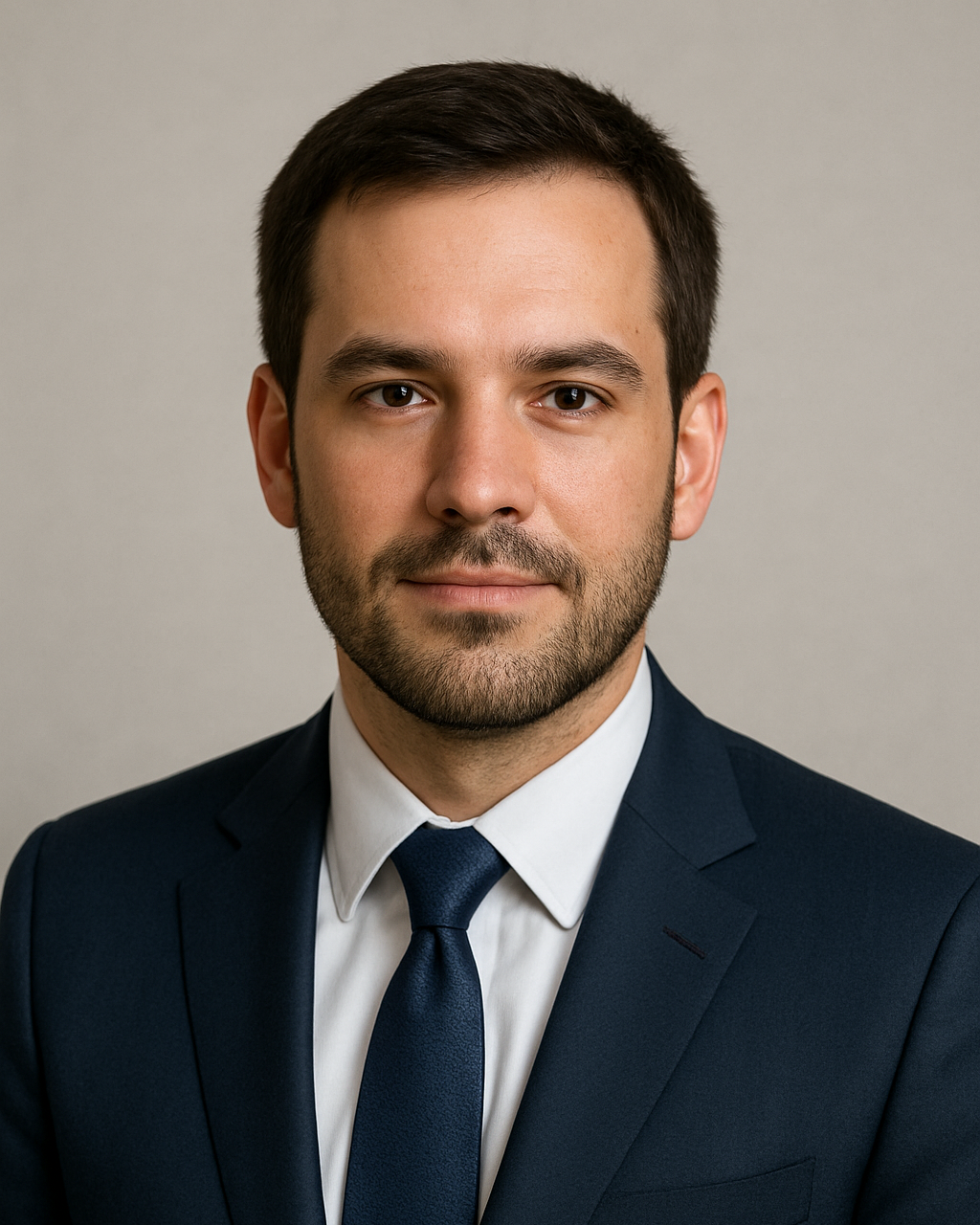
Williams Clark
Williams Clark is a dual-certified healthcare professional with CPC and CHC credentials. With over a decade of experience in medical billing and compliance auditing, David provides deep insights into payer policies, denial prevention, and accurate coding practices. His mission is to empower medical billers and healthcare providers with the knowledge to stay compliant and profitable.

